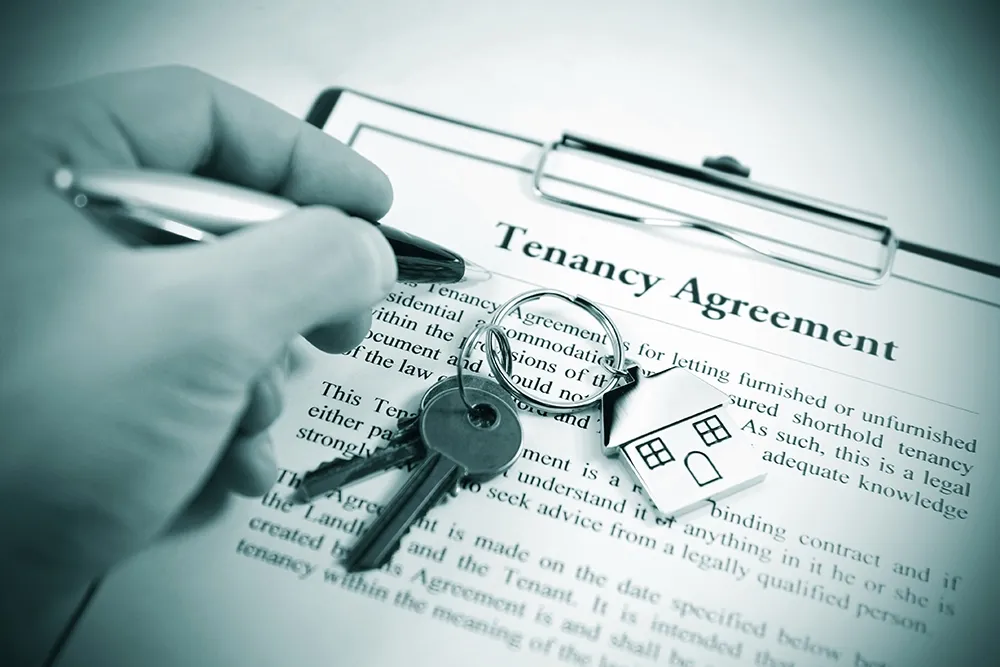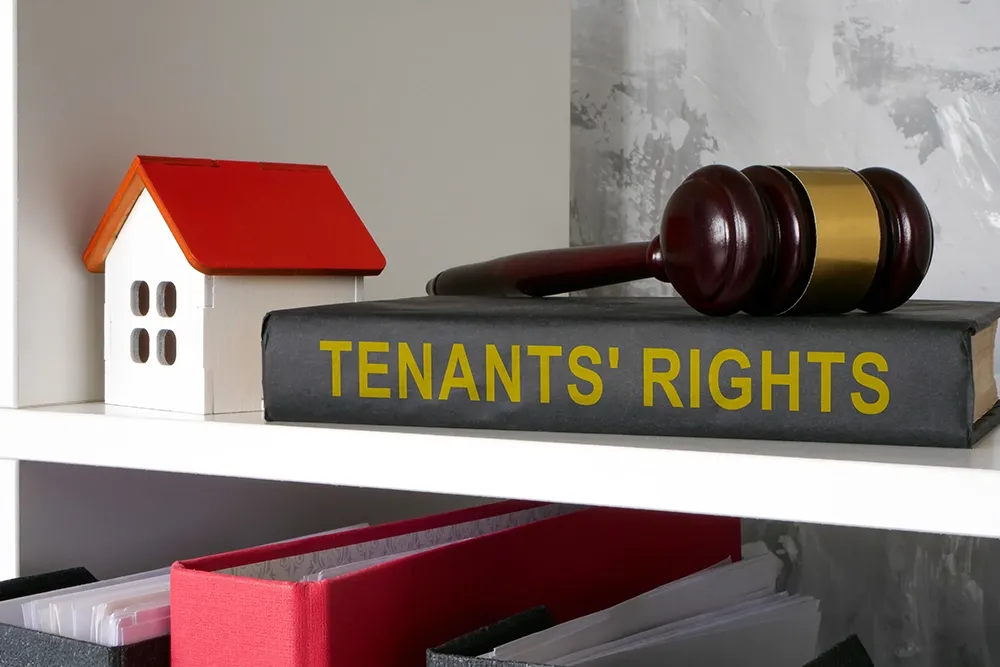Dubai tenancy laws are framed such that they balance the interests of the landlord and tenant equally in a stable, transparent, and levelled rental market. From Ejari registration to rent increase rules, contract cancellation rules, and the mechanism of solving disputes, this is all you need to know for someone who is going to rent a property in Dubai.
We dive into the all-important nitty-gritty of tenancy contract Dubai, complete with up-to-date legal citations, and action tips. And although home ownership is important, residing in Dubai is also about unlocking experiences beyond your front door, where BENO, an ultra-luxury lifestyle brand, makes everyday living spectacular experiences. This is one handbook for 'Dubai Tenancy Contracts: What Every Tenant Needs to Know'
Legal Framework and Why It Matters
The Dubai real estate market is governed by the Real Estate Regulatory Agency (RERA), which is a government agency of the Dubai Land Department. The tenancy legislation is typically considered under Law No. 26 of 2007, amended by Law No. 33 of 2008, and the decrees such as Decree No. 26 (2013) which constitutes the Rental Dispute Settlement Centre (RDSC) and Decree No. 43 (2013) which controls rent escalation.
Why the legislation is necessary is not hard to find out: both parties have a clear, precise framework. In a town where more than 85% of its residents have rented their house, knowing the UAE tenancy contract guidelines reduces friction and makes life easier.

Ejari - The Backbone of Any Rental
All tenancy contract Dubai agreements need to be registered on Ejari (an Arabic term meaning "my rent"). This online system formally records your contract and legally binds you. Without Ejari, tenants are unable to:
- Open DEWA (electricity and water) accounts
- Sponsor dependents on their visa
- Take legal action in case of disputes
If you are wondering how to make tenancy contract in Dubai the process begins with Ejari, which protects income from rent by making conditions legal and preventing false claims. It's the city's way of making sure nobody ends up in jeopardy under an unstated, informal deal.
Tenant Rights and Responsibilities
Dubai residents are well protected by RERA. Some of the most important rights are:
Reasonable Rent: Owners cannot increase rent by their will. Changes to rent must be as per RERA's rental index and caps.
Maintenance Obligations: Structural repairs are typically the landlords, unless otherwise contracted in writing. Normal maintenance is, however, the responsibility of the tenants to uphold.
Protection against Eviction: Tenants cannot be evicted other than for legal cause and reasonable notice (12 months).
On the other hand, the tenants also have obligations: prompt payment of rent, compliance with the purpose for which the property shall be retained, and return in the same state. Default can provide grounds for eviction to the landlord.
Landlord Rights and Protections
Landlords in Dubai also enjoy the protection of tenancy law Dubai.
Protection encompasses:
Receipt of deposits and rent in good time
Receiving the same state (save for normal wear and tear)
The right to evict tenants for legal reasons like non-payment, abuse, or use of the property for personal purposes (with notice)
Landlords must specifically provide 12 months' written notice by notary or registered mail before they can evict a tenant for reasons like sale or personal use of the property.
Rent Increases - A Fair Balance
The most frequently requested question is the rent increase. Dubai controls this rigorously through Decree No. 43 of 2013. It is governed by how much less than market rent your current rent is:
- Less than 10% of market rent - No increase
- 11–20% less than market - 5% increase
- 21–30% less than market - 10% increase
- 31–40% less than market - 15% increase
This system weighs the tenant's need to avoid profiteering by the landlord on movements in the market against protection of tenants against unexpected, unjustified price escalations.
Notice Periods and Contract Alterations
Dubai tenancy contract agreements are for one year mostly. Any term, rent, or renewal must be altered by 90 days' notice before expiry date. On no notice given by the parties, the agreement is renewed for the same period. It spares tenants' surprise and provides landlords with confidence.

Dispute Resolution in Practice
Even with clear laws, disputes can happen, missed payments, disagreements over maintenance, or premature termination. Dubai’s Rental Dispute Settlement Centre (RDSC) provides a structured, fast-track system to resolve these conflicts. Tenants or landlords can file cases, and decisions made by RDSC carry the weight of law.
Early exit is too prevalent. Unless a rental agreement includes a specific break provision in the contract, tenants can be locked into paying rent up to the moment of contractual cancellation unless otherwise agreed upon by the landlord.
How BENO Elevates Life Beyond the Lease
While understanding the tenancy contract UAE is very important, life in Dubai is far more vibrant than just understanding papers and documents, it's the making of memories in one of the world's most exciting cities. That's where Beno comes in, with its affordable car rentals to help you explore around the city. From luxury supercars to budget-friendly everyday rides, let us, at Beno, take care of your travel needs.
So, with your tenancy contract Dubai in your pocket, leave Beno to man your weekends and holidays and make the most of your time in Dubai!
FAQs
- Is Ejari registration a requirement for all tenancy agreements?
Yes. The agreement cannot be legally enforced without Ejari, and tenants are unable to get basic services such as DEWA or resolve disputes.
- Can the rent be raised during the period of the contract?
No. Rent can be changed only at the time of renewal and must adhere to RERA's rent calculator and ceiling increases.
- How many notice months must a landlord provide for eviction?
12 months' notice either by notary or registered post is to be given by landlords, and only for genuine reasons like personal occupation, sale, or re-construction.
- Can early termination be done by tenants?
Yes, where the lease provides for termination. Otherwise, tenants might have to pay rent for the rest of the term unless the landlord agrees to accept the compromise on it.
- Where are disagreements resolved?
Disagreements are resolved by the Rental Dispute Settlement Centre (RDSC), which offers a formal legal process for resolving controversies among landlords and tenants.








